Advertisement
What is the History of Martin Luther King Jr. Day?
Advertisement
Every third Monday in January, the United States commemorates Martin Luther King Jr. Day. This holiday celebrates the life and contributions of one of the most influential civil rights leaders. Today seems like an obvious observance, honoring Dr. King's relentless work toward equality. However, this recognition didn't come without struggle. For years, advocates fought hard to establish this holiday, facing substantial controversy and resistance. Even now, some states acknowledge it with hesitance or unique variations.
Who Was Martin Luther King Jr.?
Martin Luther King Jr. was a key figure in the American Civil Rights Movement. Although the Thirteenth Amendment abolished slavery in 1865, African Americans continued to face severe discrimination and systemic injustices for nearly a century. In the 1950s, King emerged as a leader, rallying for change through his magnetic speeches and peaceful protests. His courage and powerful message made him a beacon of hope and a symbol of perseverance for those seeking justice.
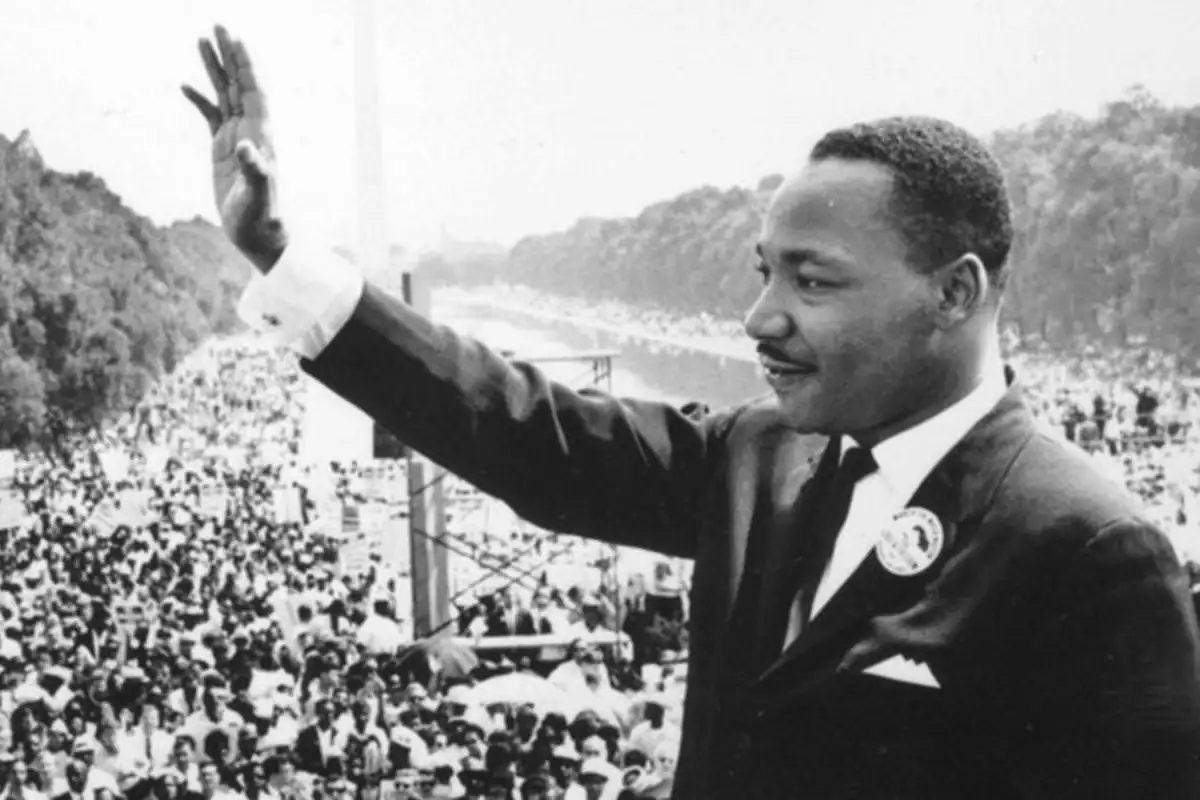
Advertisement
A Peaceful Approach to Equality
King was not just a motivational speaker; he was a master strategist. He believed that lasting equality could only be achieved through nonviolent actions. Part of his reasoning was practical—he knew that violent protests would likely push away potential allies among white Americans. Yet, it was also rooted in his deep Christian faith, which guided his commitment to peace. King’s campaigns often included marches, sit-ins, and civil disobedience. Even when faced with police brutality and violence, his followers remained peaceful, showcasing the movement’s integrity.
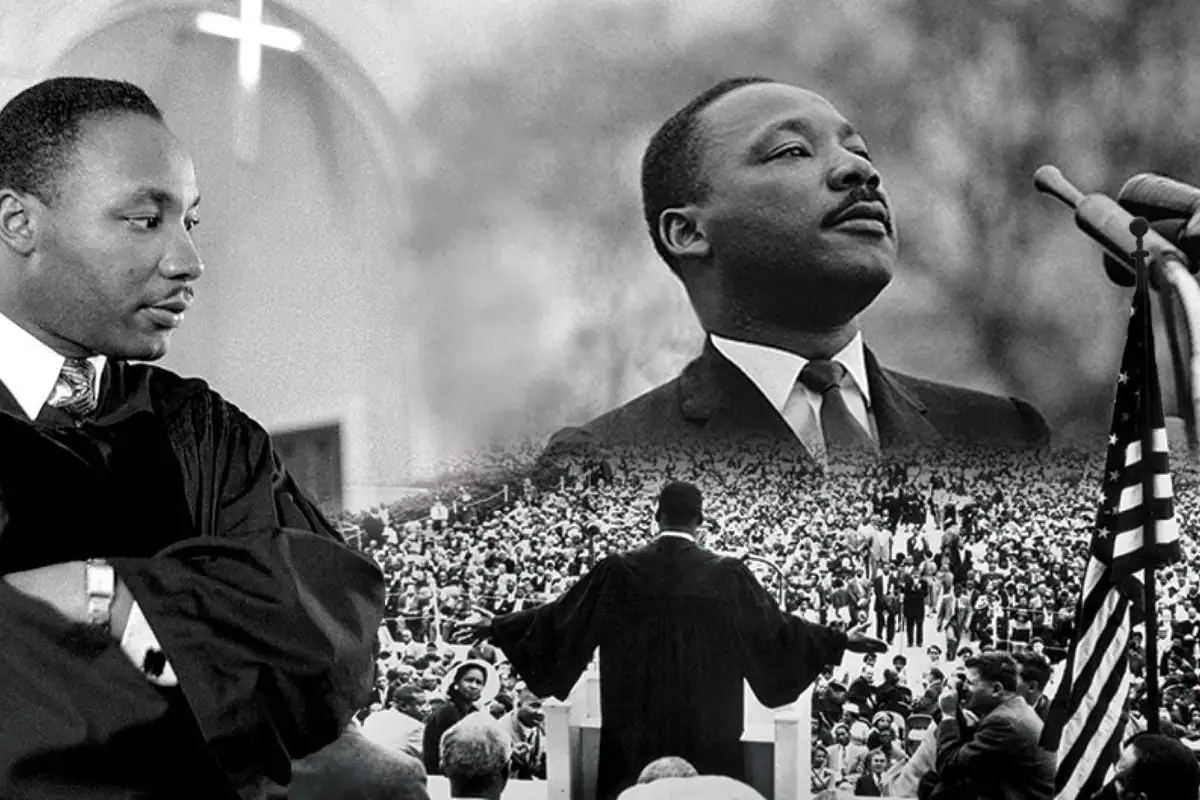
Advertisement
Key Civil Rights Achievements
King's first major breakthrough came in 1955 with the Montgomery Bus Boycott, sparked by Rosa Parks’ arrest for refusing to give up her seat. This protest lasted over a year and eventually led to a Supreme Court ruling that declared bus segregation unconstitutional. King continued to lead various protests throughout the 1950s and 1960s, but the 1963 March on Washington stood out as a defining moment. Here, he delivered his famous “I Have a Dream” speech to a crowd of over 250,000 people. This event spurred momentum for the passage of the Civil Rights Act of 1964, which outlawed racial discrimination and segregation in the U.S.
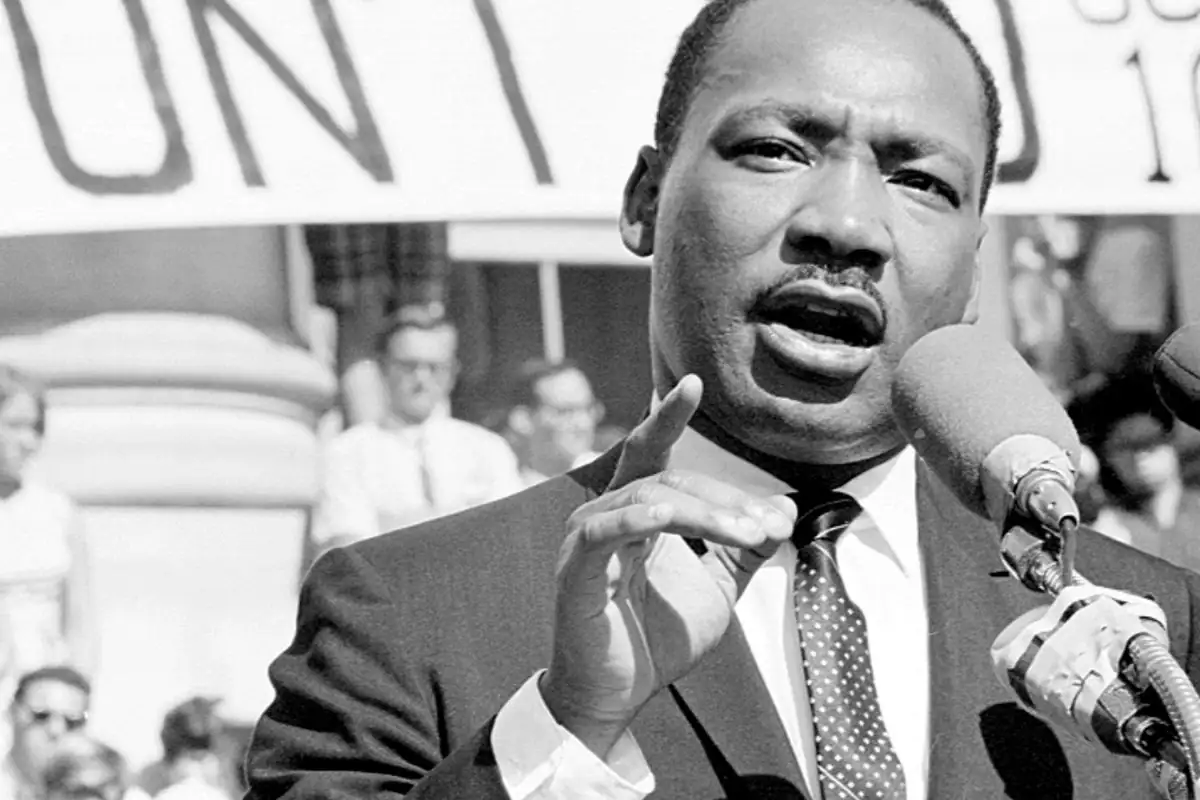
Advertisement
A Tragic End
King's advocacy made him many enemies, and he frequently received death threats. In 1968, while supporting striking sanitation workers in Memphis, Tennessee, King was assassinated by James Earl Ray, a staunch segregationist. King was only 39 years old when he died, leaving the nation reeling from the loss of its most prominent civil rights leader. His assassination underscored the risks he had faced for years but also galvanized the movement, inspiring further progress in the fight for equality.
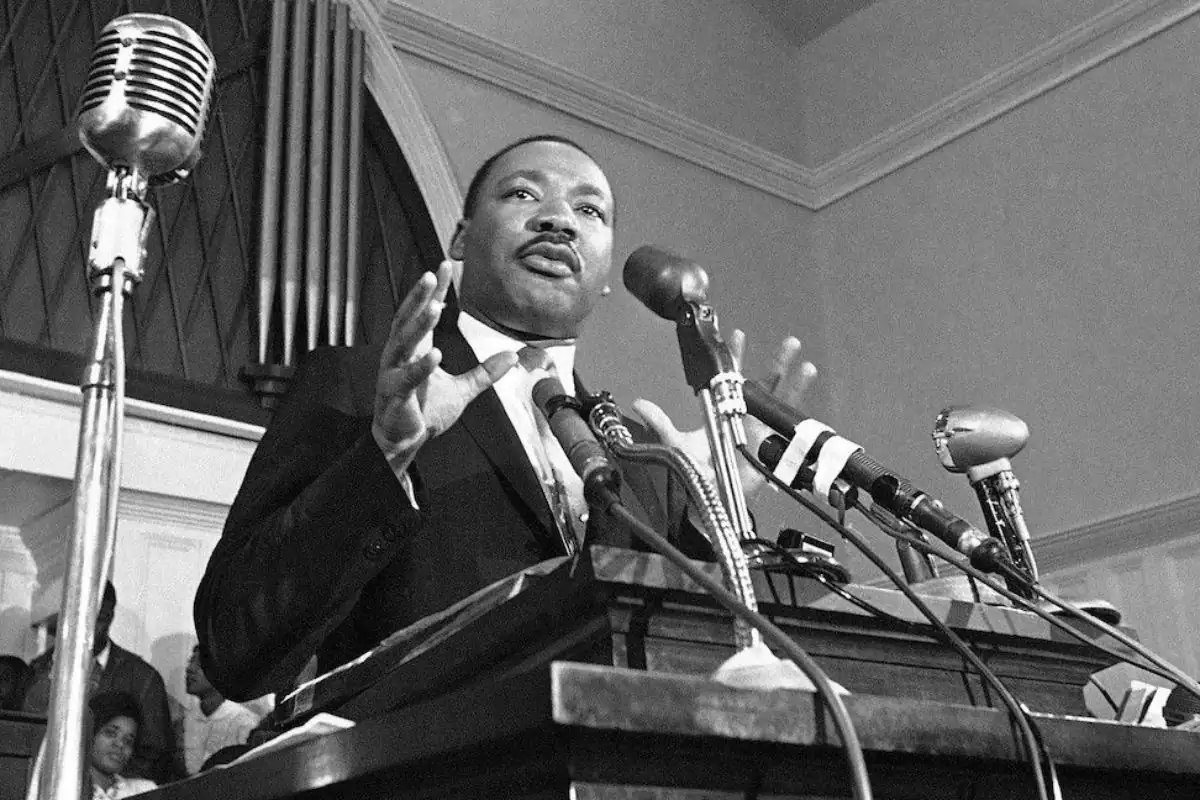
Advertisement
The Initial Push for a Holiday
After King’s death, his supporters worked tirelessly to ensure his legacy lived on. Efforts to establish a holiday in his name began almost immediately. King’s commitment to labor rights made it fitting that early celebrations were incorporated into union contracts. Michigan Congressman John Conyers was one of the first to push for an official holiday, introducing a bill just four days after King’s death. Despite his efforts, the proposal initially gained little traction, but Conyers was persistent and reintroduced the bill every year.
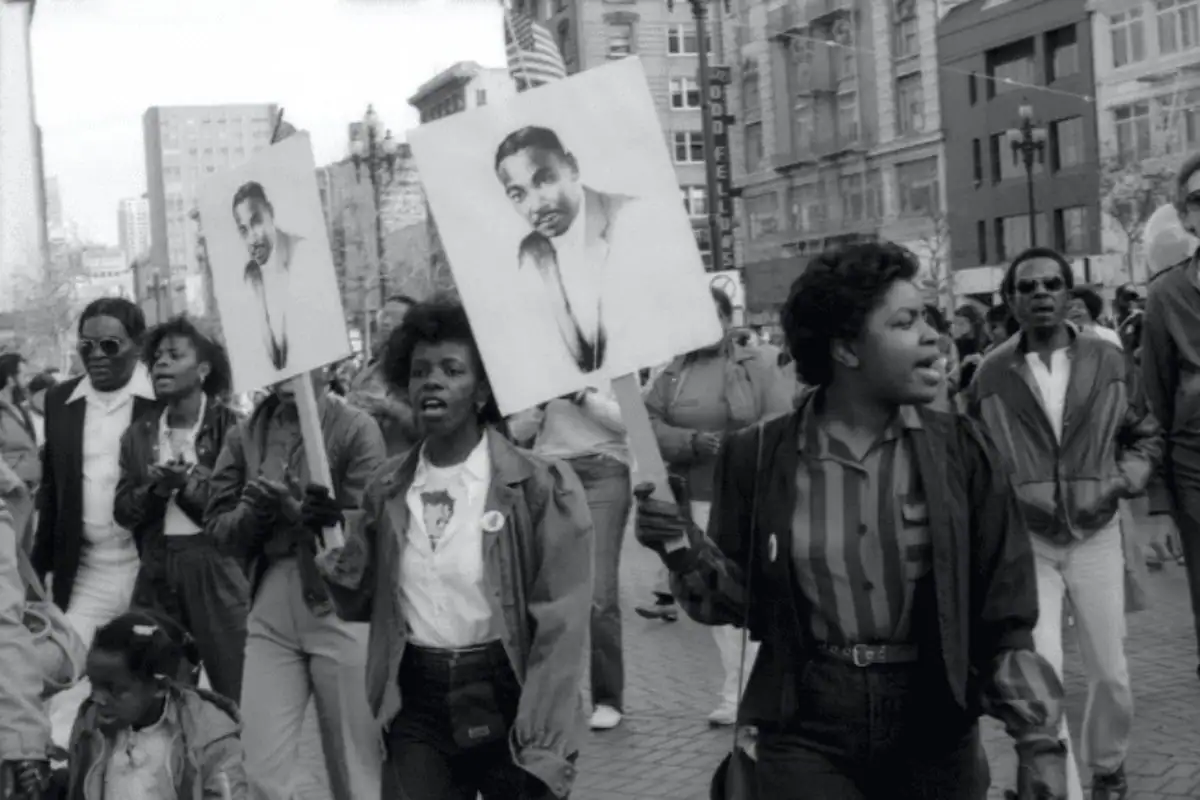
Advertisement
Rallying Public Support
To build momentum, King’s advocates knew they needed public backing. By the late 1970s, the King Center launched a significant public relations campaign. The movement gained considerable traction in 1980 when Stevie Wonder released his hit song “Happy Birthday” as a tribute to King. The song, combined with a massive petition that gathered about six million signatures, demonstrated overwhelming public support. This growing interest forced politicians to take note, leading to more backing for the bill in Congress.
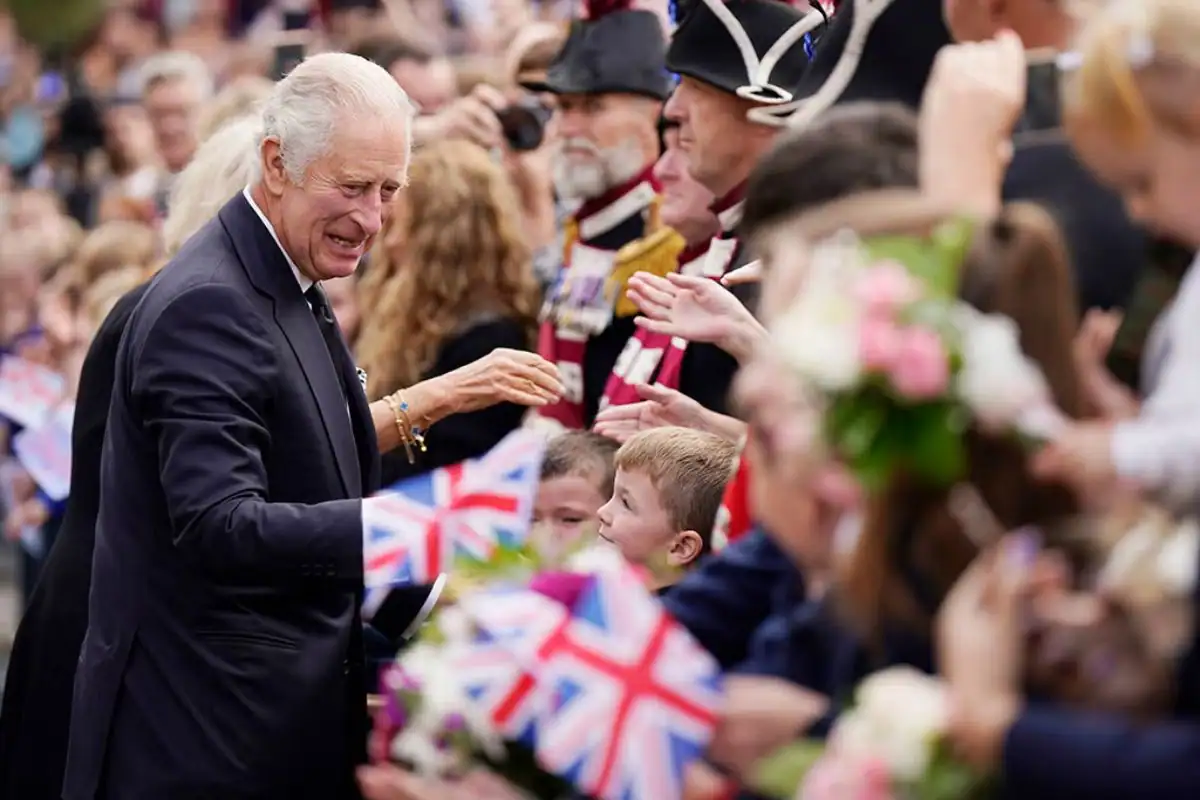
Advertisement
Opposition and Challenges
The push for a holiday was not without resistance. Some politicians, like North Carolina Senators Jesse Helms and John Porter East, were particularly vocal in their opposition. Helms even produced a 300-page document attempting to tarnish King’s reputation, accusing him of being a communist due to his anti-Vietnam War stance and pro-labor views. The document sparked outrage, and Senator Patrick Moynihan from New York famously denounced it on the Senate floor. Some lawmakers opposed the holiday due to financial concerns, fearing that an additional federal holiday would be too costly.
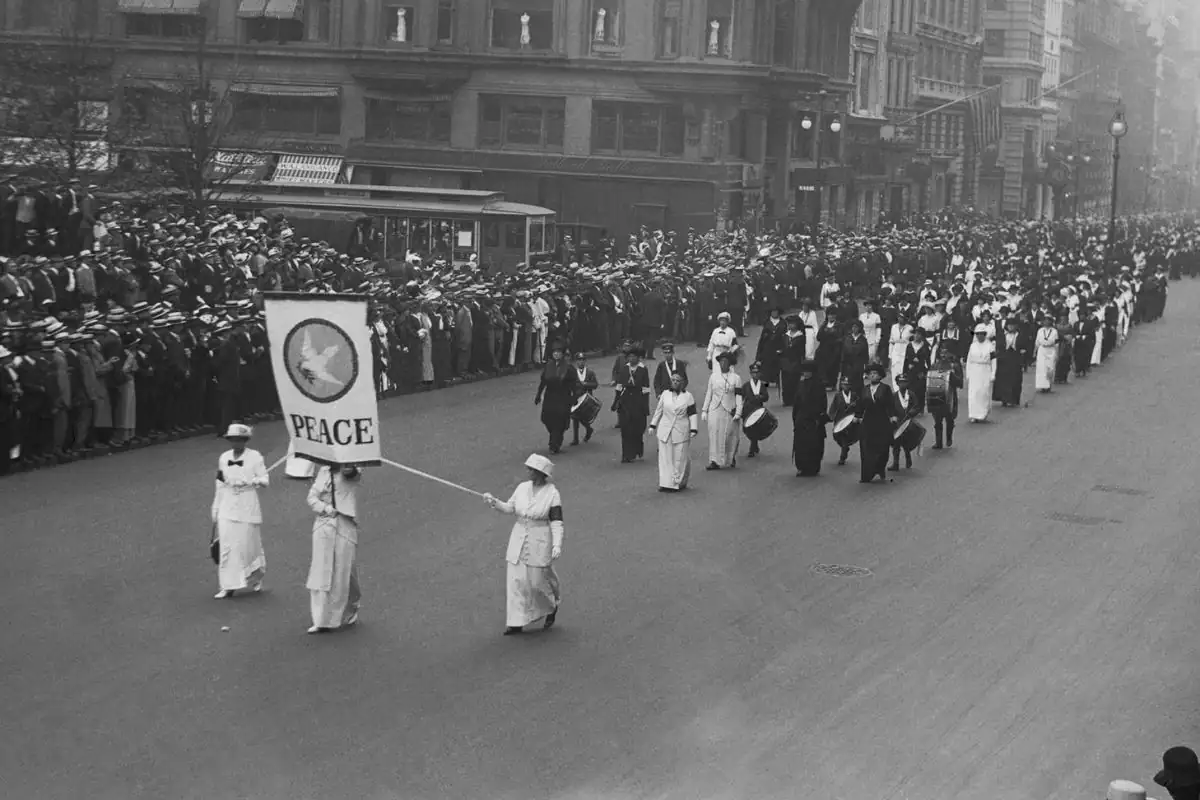
Advertisement
Becoming a Federal Holiday
Despite the pushback, the movement succeeded in 1983 when President Ronald Reagan signed the bill into law, officially establishing Martin Luther King Jr. Day. The Senate passed the bill with a vote of 78 to 22, and the House approved it 338 to 90, ensuring it was protected from a presidential veto. The first official observance took place on January 20, 1986, marking King as the first private citizen in U.S. history to receive a national holiday in his honor.
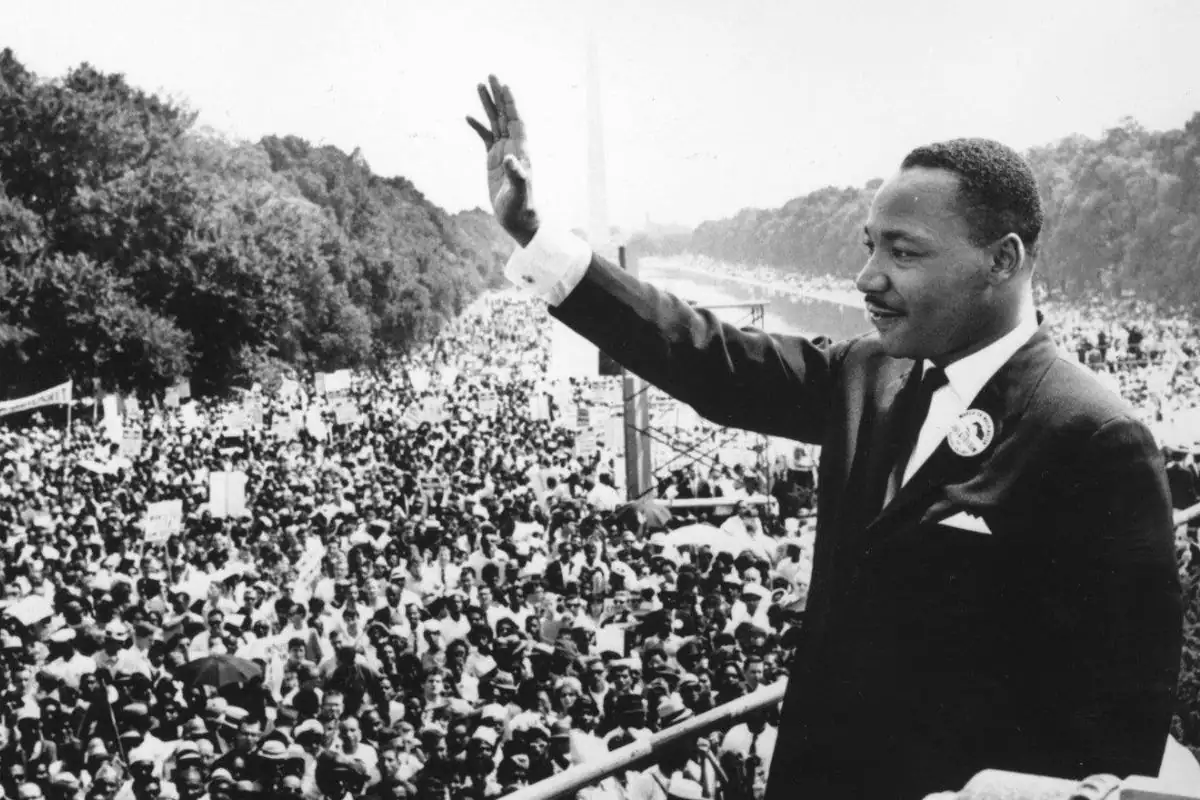
Advertisement
State Recognition and Challenges
Not all states embraced Martin Luther King Jr. Day right away. It wasn’t until 1991 that every state began recognizing some form of the holiday, with New Hampshire being the last to adopt it. Some states opted for alternative names like Civil Rights Day or Human Rights Day to avoid naming the holiday after King. Gradually, the states aligned, and by 2000, Utah became the final state to officially recognize the day as Martin Luther King Jr. Day. However, some states, including Alabama, Arkansas, and Mississippi, still celebrate Robert E. Lee’s birthday alongside King’s, sparking ongoing controversy over this dual recognition.
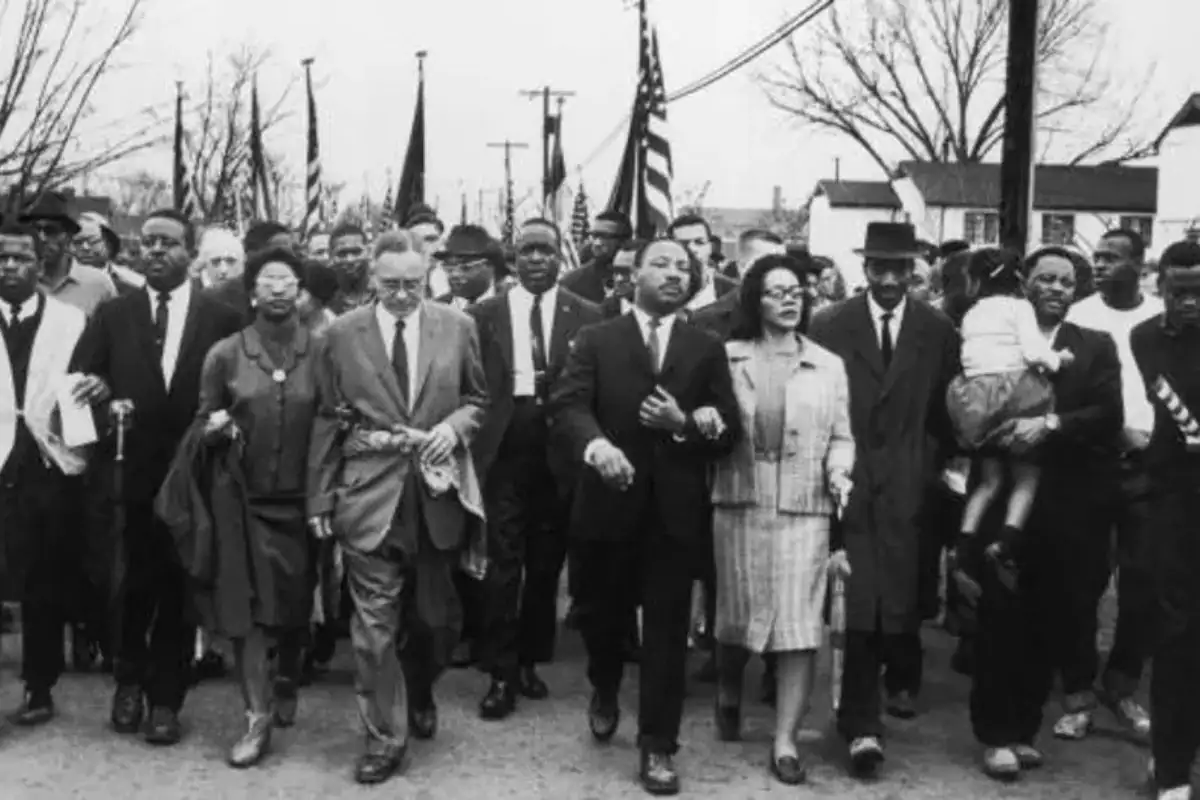
Advertisement
Global Tributes
King’s influence extended beyond U.S. borders, inspiring international tributes. Cities like Toronto in Canada and Hiroshima in Japan hold annual events in his honor, celebrating his legacy of peace. In Wassenaar, Netherlands, an annual banquet remembers King’s life, with civil rights leaders often in attendance. These global events highlight King’s universal impact and his unwavering fight for justice and equality.
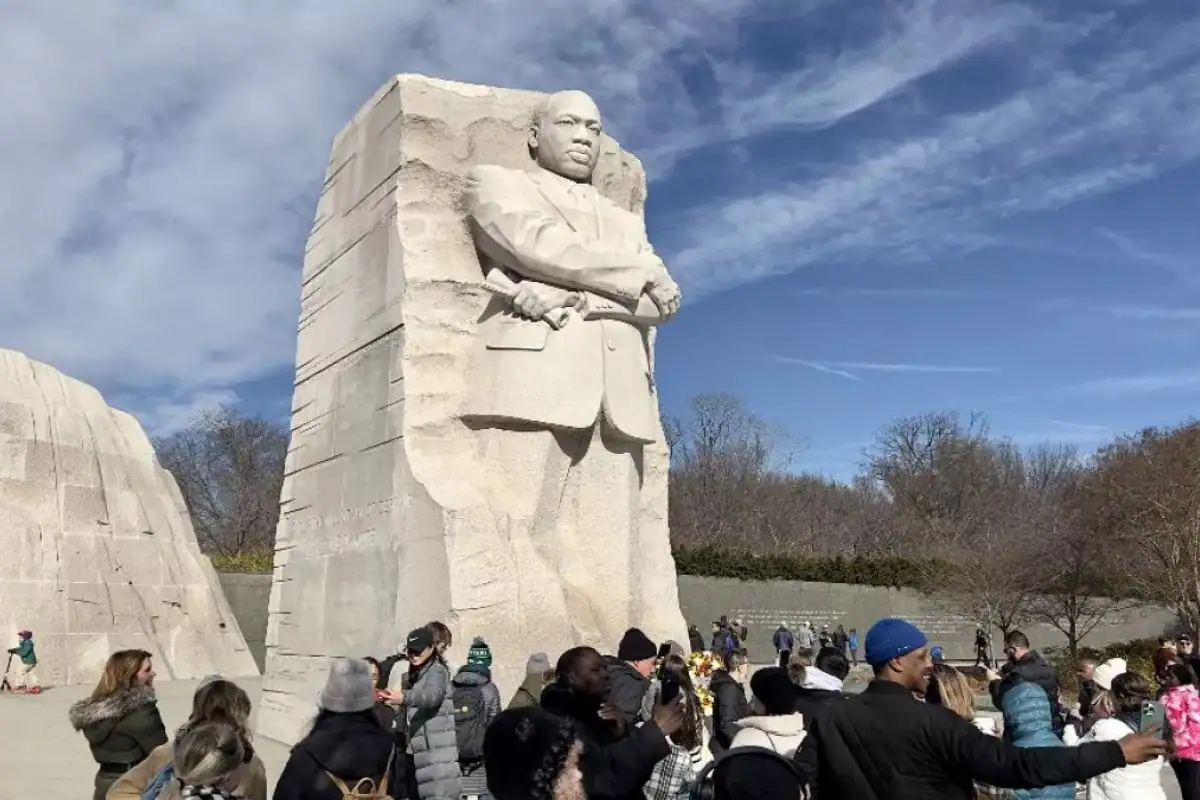
.png)




